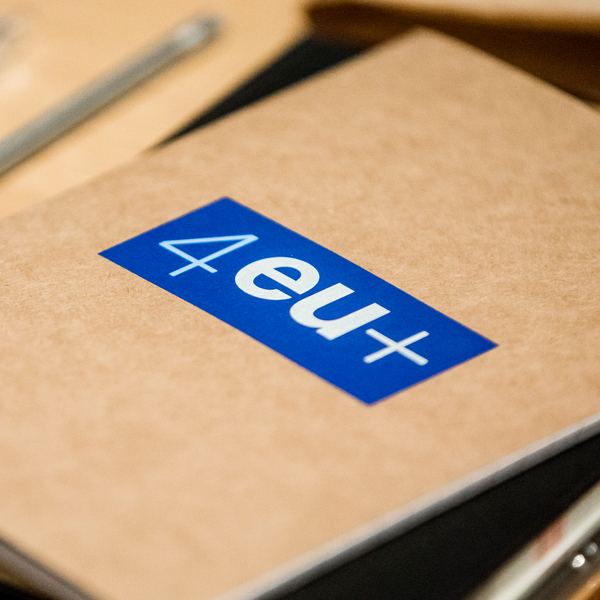If your university has an exchange agreement with us (e.g., Erasmus, bilateral exchange, 4EU+, Nordplus/Nordlys), then you can apply for an exchange stay of 1–2 semesters here at the University of Copenhagen.
Click here for information on how to apply, courses, and more.







